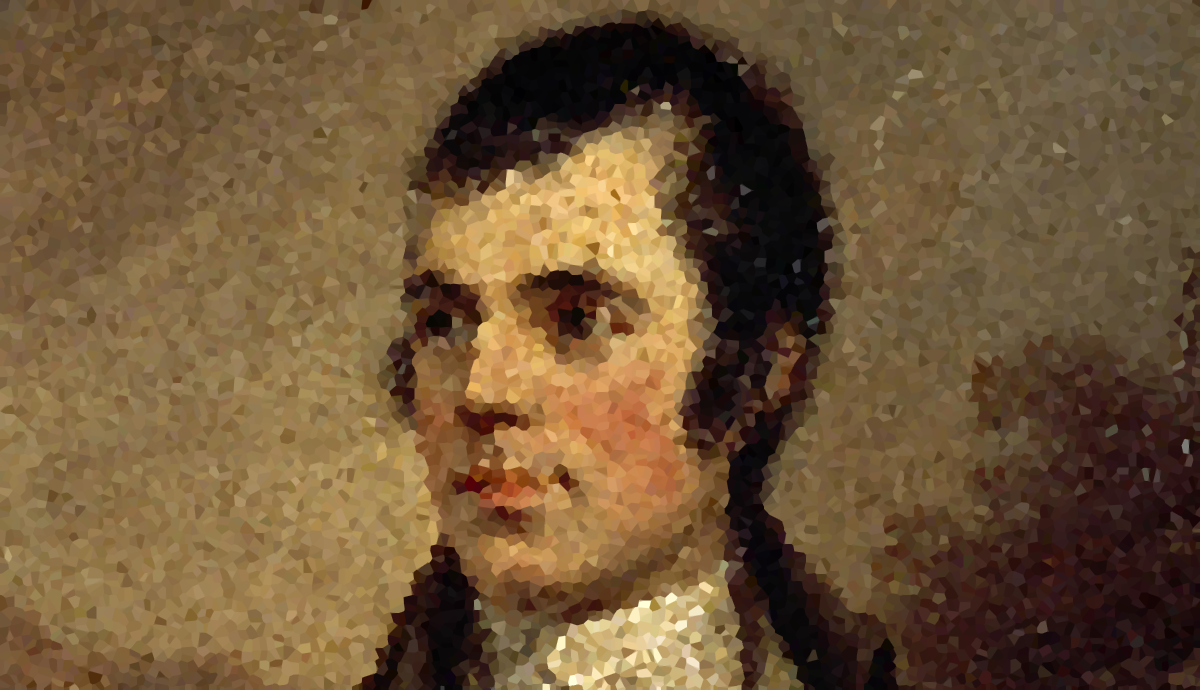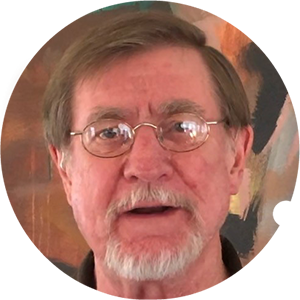The Book: Cozy here, beneath the blast
For some time now, lines of poetry have been the marching orders of my morning walks, the silent words jumbling in my brain as I have fallen asleep, the phrases that have met my mind and demanded to be quoted to reinforce conversation. They are lines from thirty-seven poems by Robert Burns, one for each year he was alive on this earth, all of them composed around 250 years ago. They are part of my past, read aloud at the dinner table by a father raised by a Scottish mother. They are tied to my grandmother’s identity, to my father’s, and to mine. They are anchors in a world gone tapsalteerie, O! I have committed them to memory; I know them by heart.
I don’t clearly recall when I first heard Burns at the table, but my memory is prompted by Burns Poetry, the ninth volume in the Harvard Classics series. The set was given to my older brother Tim during a 1962 family trip to the East Coast. Our Great Aunt Ruth had the Averill family set, and, discovering Tim to be the reader and intellect he is, loaded them into our Plymouth station wagon to carry back to Kansas. I would have been thirteen. My father immediately commandeered the Burns. He cut an A & P grocery bag into bookmarks for the poems he read most often, the poem titles in his handwriting in the blue ink of his favorite fountain pen. Other poems are marked by pieces of string. Such was his Burns repertoire from the mid-to-late 1960s until his death in 1996.
When my father returned the Harvard Classics Burns to my brother Tim, who lives in Massachusetts, he wrote on the cover leaf:
July 1972
Tim,
This copy of Burns has been much loved and much used around the dining room table with family and friends for almost as many years as you have had the set—1962. It is returned with the hope you’ll work on the dialect and enjoy it fully.
Love,
Dad
Some years ago, Tim assembled the Harvard Classics to ship to my son Alex. The Burns was in his attic, in terrible shape. He sent it to me for my sixty-eighth birthday, with this inscription:
April 30, 2017
Tom,
Forty-five years after Dad returned this Burns collection back to me, I pass it (restored and rebound) on to you, Keeper of the Scottish flame, to in turn pass it to the next Keeper, whoever that may be.
Love,
Tim
“Keeper” is a good word. I don’t consider myself an authentic Scot in the way of my father, Stuart Carson Averill, or his mother, Elizabeth Alice Carson Averill, but I like keeping traditions alive, I like keeping books, and I’m refining what I know of Burns and the brogue needed to recite his poems in the Lowland Scottish dialect.
Tim, who shares Stu’s middle name Carson, left the bookmarks and strings in the gifted volume. Even if he hadn’t, the strips from the A & P bag have stained the pages of my father’s favorites, permanent “marks” for the book. Those poems are:
“Green Grow the Rashes”
“To A Mouse”
“To A Louse”
“The Henpecked Husband”
“Sic A Wife As Willie Had”
“A Red, Red Rose”
“A Man’s A Man For A’ That”
Those marked with string:
“Epigram To Miss Ainslie In Church”
“Auld Lang Syne”
“John Anderson, My Jo”
My brother, who also read Burns at his table, checked or underlined titles in the Table of Contents, and sometimes in the text. Among those, and giving me a second window into the use of the book, are: “The Ploughman’s Life,” “Grace After Dinner, Extempore,” “The Cotter’s Saturday Night,” “Holy Willie’s Prayer,” “Song—O Wert Thou in the Cauld Blast,” and “Epitaph for William Nicol, of the High School, Edinburgh,” under which Tim parsed out the phrase addressed to maggots, about Nicol’s heart, For deil a bit o’t’s rotten: “For devil a bit of it is rotten.” Whether bookmarked, stringed, underlined or checked, this Burns edition shows how we mark text to conveniently find our place, but also to know our place; we mark what is, for us, remarkable.



